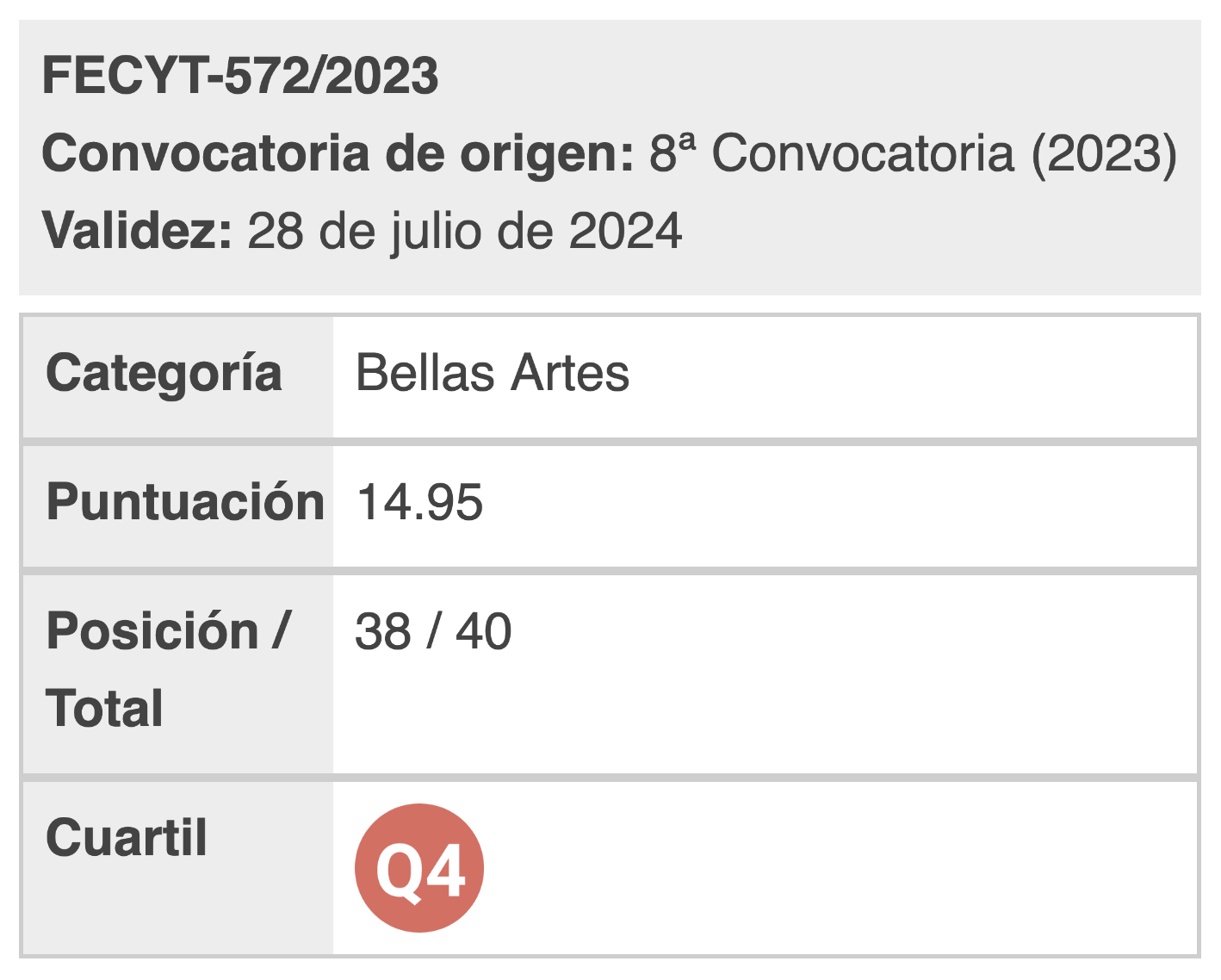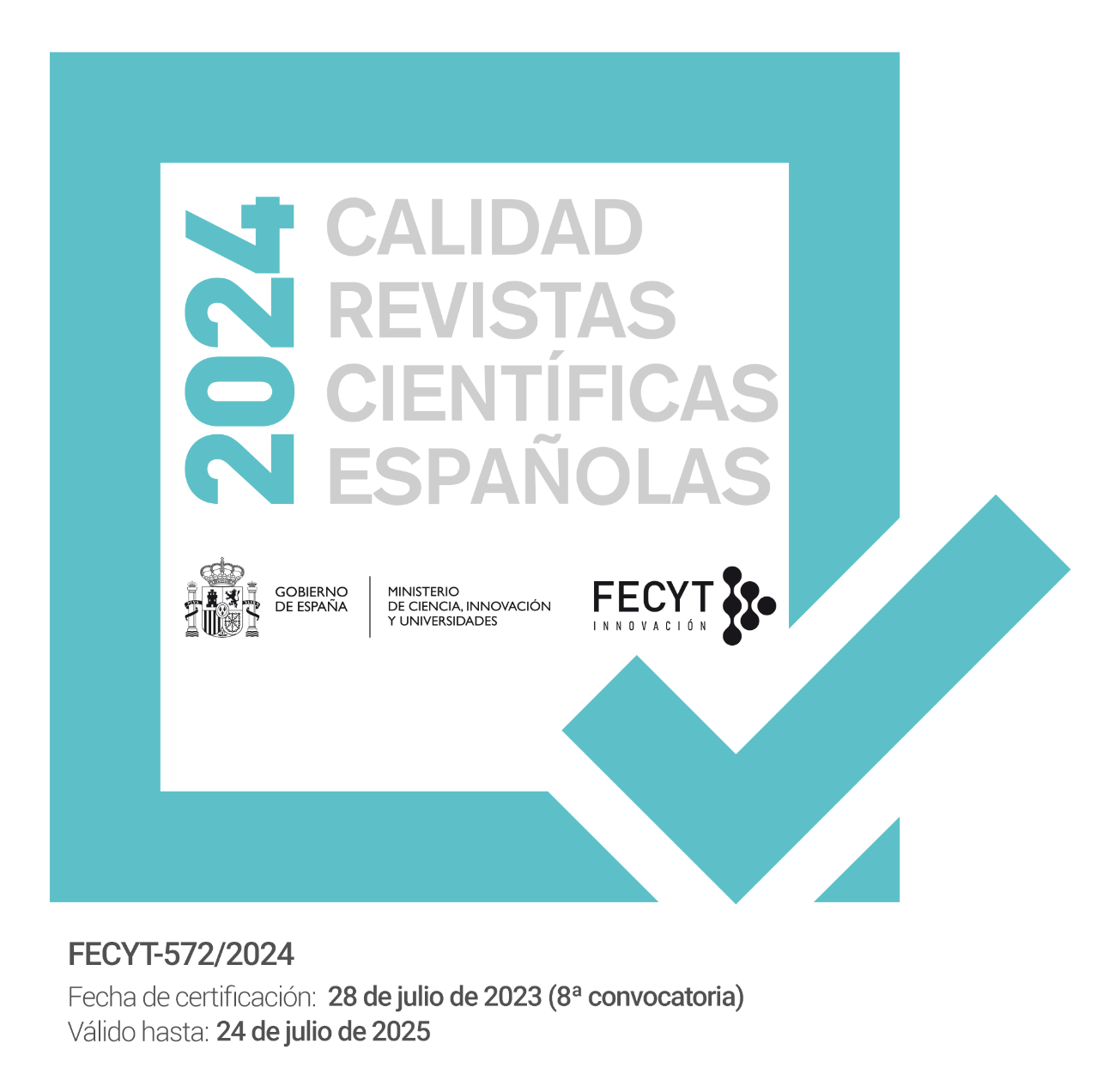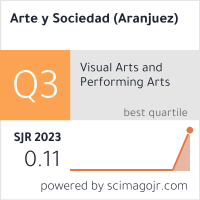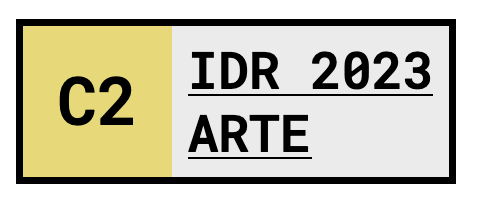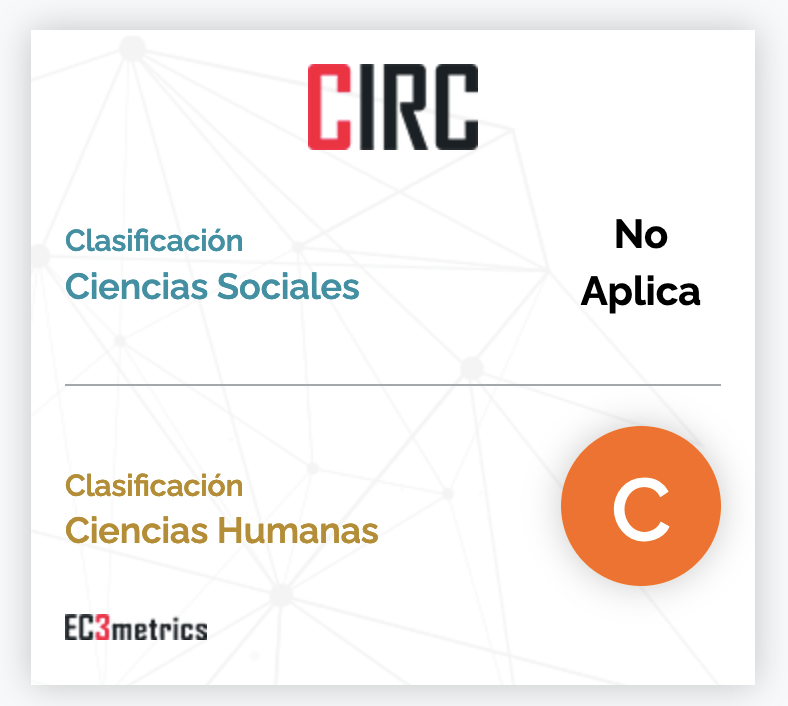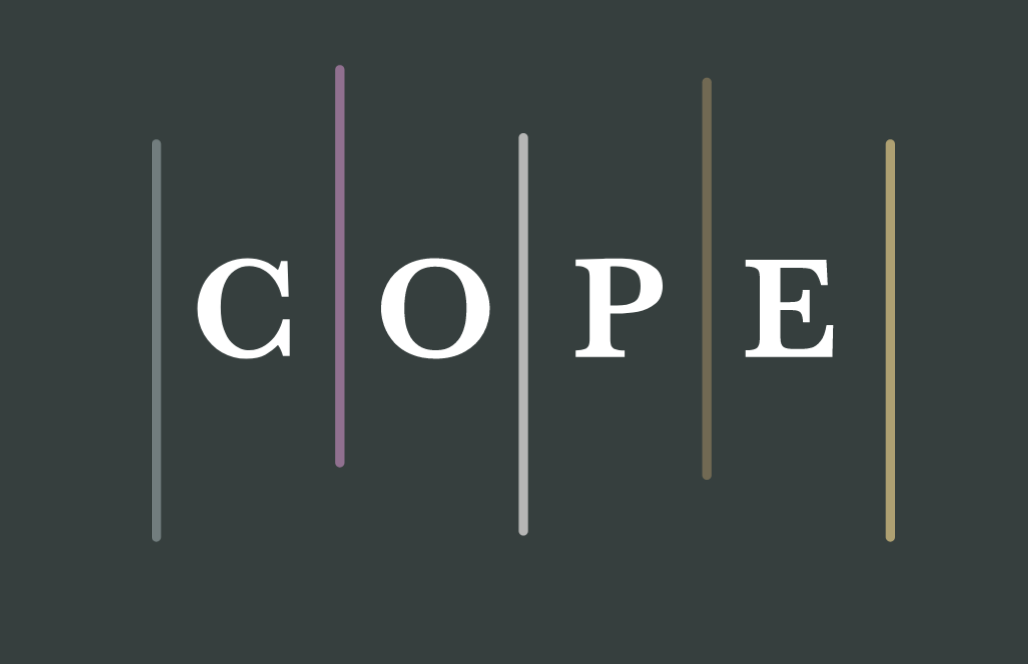Jose Luis Brea. Theory-criticism in the age of the world-Internet.
DOI:
https://doi.org/10.5281/zenodo.7656161Keywords:
Digital Culture, Fetish, CapitalismAbstract
Focusing on a specific period of J. L. Brea's theoretical practice, we carry out a critical analysis of two fundamental concepts in his work: RAM culture and electronic cultural capitalism. From this, a series of discursive tensions are derived regarding the fetishism of merchandise in the world-Internet era and its implications in the regime of construction of contemporary subjectivities, towards a differential conceptualization in contemporary thought.
References
Aguirre, P. (2014) Grado cero: Un poco de orden en la escena. Carta, 5, pp. 25-27.
Benjamin, W. (2003). La obra de arte en la época de su reproductibilidad técnica. Ciudad de México: Ítaca.
Brea, J. L. (2004) El tercer umbral. Estatuto de las prácticas artísticas en la era del capitalismo cultural. Cendeac.
________ (2007) cultura_RAM. Mutaciones de la cultura en la era de su distribución electrónica. Gedisa.
Broncano, F. (2014) A propósito de José Luis Brea: del archivo a la RAM. Caracteres. Estudios culturales y críticos de la esfera digital, 3, pp. 273-289.
Buck-Morss, S. (1995) Dialéctica de la mirada. Walter Benjamin y el proyecto de los Pasajes. Visor.
Debord, G. (1977) La sociedad del espectáculo. Castellote.
Deleuze, G. y Guattari, F. (1973) El Antiedipo. Capitalismo y esquizofrenia (2ª edición). Barral.
Derrida, J. (1997) Mal de archivo. Una impresión freudiana. Trotta.
Fumagalli, A. (2010) Bioeconomía y capitalismo cognitivo. Hacia un nuevo paradigma de acumulación. Traficantes de sueños.
Groys, B. (2016) Arte en flujo. Ensayos sobre la evanescencia del presente. Caja Negra.
Hardt, M y Negri, A. (2005) Imperio (4ª edición). Paidós.
Manovich, L. (2006) El lenguaje en los nuevos medios de comunicación: la imagen en la era digital. Paidós.
Marx, K. (1973) El capital 1. Corregidor.
Montesinos, A., Navarro, M. y Olmo, S. (2017) [Ex]posicións críticas. Discursos críticos na arte española, 1975-1995. Santiago de Compostela: Consellería de Cultura e Deporte, CGAC [cat. exp.].
VV.AA. (1999) Readme! Filtred by Nettime: ASCII Culture and the Revenge of Knowledge. Brooklyn: Autonomedia.

Published
How to Cite
Issue
Section
License

This work is licensed under a Creative Commons Attribution 4.0 International License.
You are free to:
Share — copy and redistribute the material in any medium or format.
Adapt — remix, transform, and build on the material for any purpose, including commercial.
Attribution — You must properly acknowledge the authorship, provide a link to the license, and indicate if any changes have been made.
You may do so in any reasonable manner, but not in any way that suggests that you endorse or receive any endorsement by the licensor for your use.
No additional restrictions — You may not apply legal terms or technological measures that legally restrict you from doing what the license allows.



